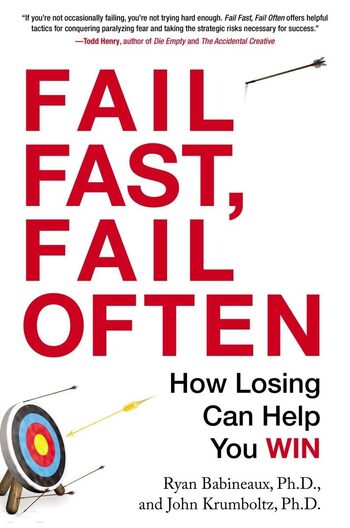
Reality Is Broken explores how video games fulfill social and emotional needs, offering happiness and connection. Jane McGonigal reveals their potential to address global issues, fostering personal growth and social bonds.
Main Lessons
- Video games satisfy important social and emotional needs that reality often doesn’t provide.
- They offer social bonding and a sense of belonging through communities and multiplayer environments.
- Games create optimism by presenting challenges that are always solvable, offering hope and fun even in failure.
- Instant gratification in games leads to a sense of accomplishment and boosts happiness.
- Multiplayer games can help introverted individuals build relationships and social connections.
- Gamifying everyday tasks can transform mundane activities into engaging quests, enhancing daily life.
- Game mechanics can be used to encourage positive behaviors in real-life, such as through kindness-promoting games.
- Gamers develop essential collaboration skills like connectivity, adaptability, and intuitive partnership finding.
- Collaborative gaming can inspire solutions to global issues by engaging people in creative problem-solving.
- Games can be a powerful tool for change by cultivating skills needed for addressing complex social challenges.
- To maximize benefits, it’s important to develop and engage with games aimed at improving society.








